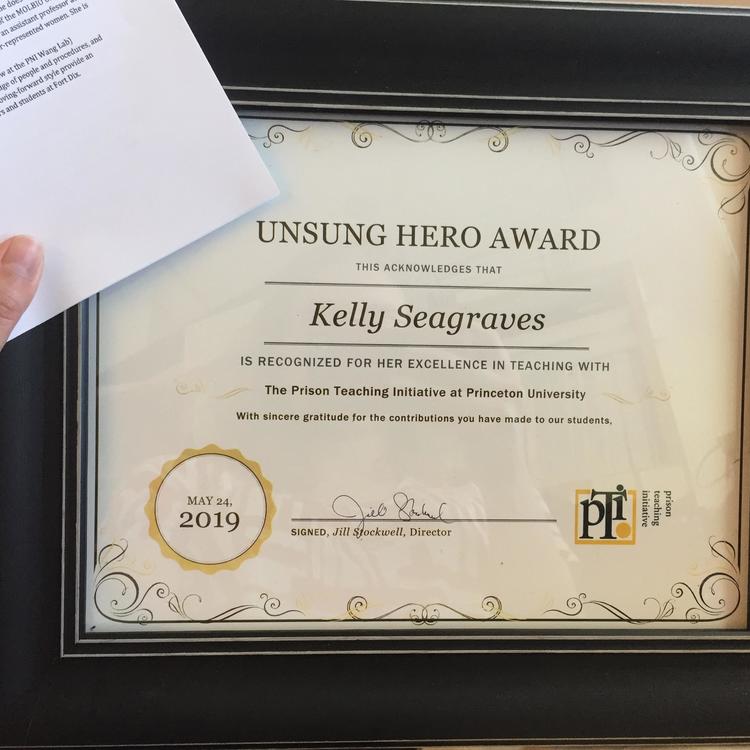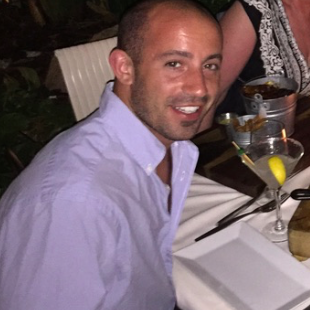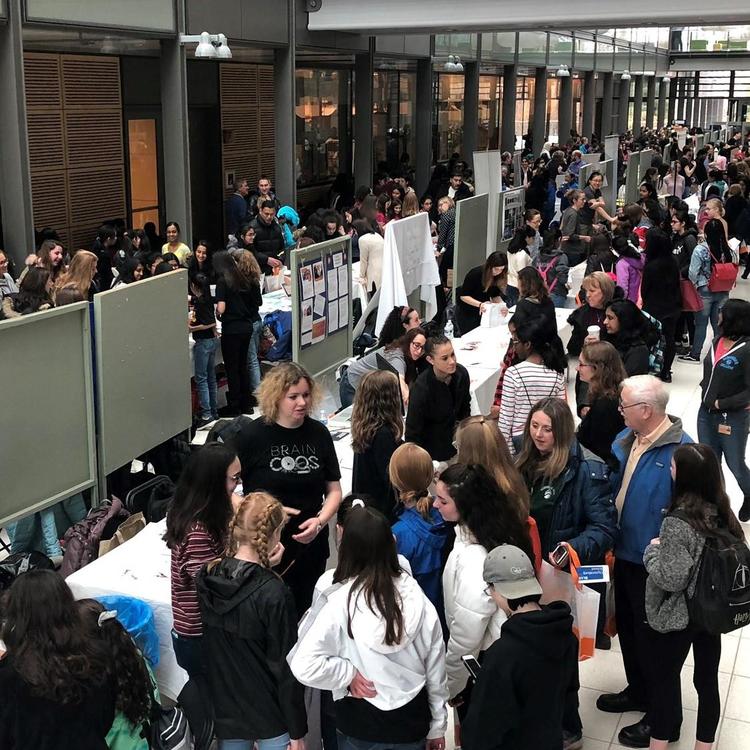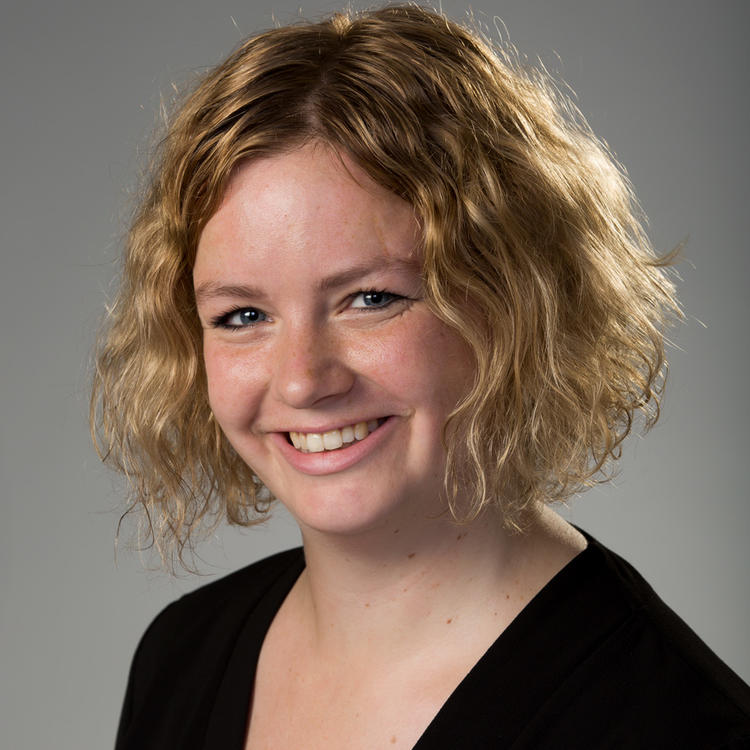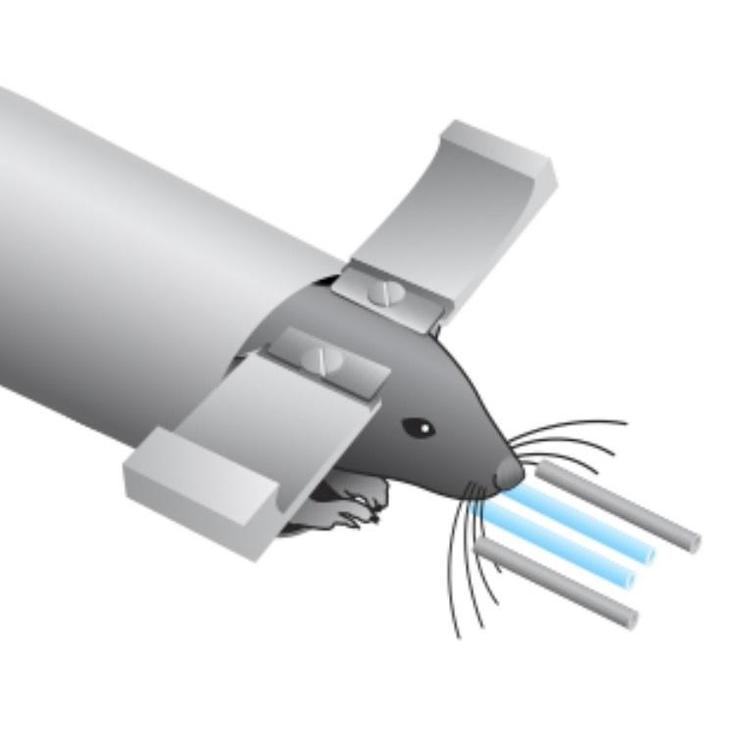Dr. Kelly Seagraves is PTI's Unsung Hero
May 24, 2019
Congratulations to Dr. Kelly Seagraves who received the Unsung Hero Award as a recognition for her excellence in teaching with the Prison Teaching Initiative (PTI) at Princeton University. She is praised for her 'willingness to step up, knowledge of people and procedures, and unflappable let's-just-keep-moving-forward style provide an anchor' for…
Tingting Sun receives NEU undergraduate award
April 5, 2019
Congratulations to Tingting Sun who received the Neuroscience undergraduate award for her work in the Wang lab studying mouse tail modeling and dynamics.
John D'Uva joins the lab
April 1, 2019
John D'Uva joins the lab as a Research Specialist. He will help the BRAIN COGS team analyze light sheet microscopy data.
Young Women's Conference 2019
March 22, 2019
Wang lab members Dr. Jess Verpeut, Dr. Kelly Seagraves, Dr. Marlies Oostland, and Zahra Dhanerawala demonstrated neuroscience to young women at the Young Women's Conference organised by
Congratulations Dr. Tom Pisano!
March 21, 2019
Congratulations to Dr. Tom Pisano who succesfully presented his Final Public Oral today! The Wang lab is very proud of his accomplishment and has been happy to have had Tom as a colleague in the lab. We wish him all the best in continuing his MD/PhD degree. Videos from his FPO can be found in the links below.
FPO Dr. Tom…
Dr. Marlies Oostland receives Marie Skłodowska-Curie Fellowship
Feb. 12, 2019
Dr. Marlies Oostland has received the Marie Skłodowska-Curie Individual Fellowship from the European Union's Horizon2020 program for research on the neuroscience of tickling: cerebellar mechanisms and sensory prediction, which she will perform at Princeton University and the Humboldt-Universität zu Berlin.
New paper on Biorxiv: 'Cerebellar disruption impairs working memory during evidence accumulation'
Jan. 17, 2019
The Wang lab has another paper published on Biorxiv today. Work by Ben Deverett, Mikhail Kislin, David Tank, and Sam Wang shows that during accumulation of somatosensory evidence, optogenetic manipulation of cerebellar Purkinje cells reduced the accuracy of subsequent memory-guided decisions and caused mice to downweight prior information…
New paper out: Normal cognitive and social development require posterior cerebellar activity
Sept. 18, 2018
A new paper came out in eLife today: 'Normal cognitive and social development require posterior cerebellar activity', in which it is shown that the normal development of motor and nonmotor capacities requires…


